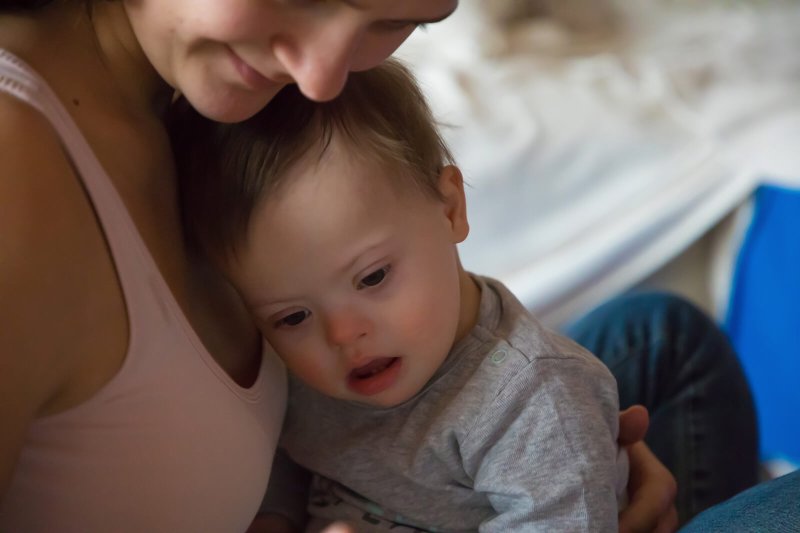No one should underestimate the complexity and difficulty of deciding whether to test for Down syndrome or terminate a pregnancy. A host of considerations are often involved, such as family circumstances, socioeconomic status, and religious affiliation. Some people are relatively well-equipped to welcome a Down syndrome child into their family, while others are not. Those grappling with such choices often suffer mightily.
Yet those who opt to test and decide to terminate should be clear on one thing: They are tinkering with who is born and who isn’t, and they are doing so based on genes. My wife and I faced a similar choice when we had a child in our 40s, electing not to test. In some cases of Down syndrome, such a life would have been marked by severe disability and early death, but in other cases, the outcome might have been quite different.
The point is not that parents facing perhaps the most difficult decision of their lives should be branded eugenicists, but simply to indicate that despite protests to the contrary, eugenics has not been fully consigned to history’s dustbin. As a society, we are still deciding who is and is not born based on genes, and the decisions we make shape humanity not just into the next generation, but generations to come.































